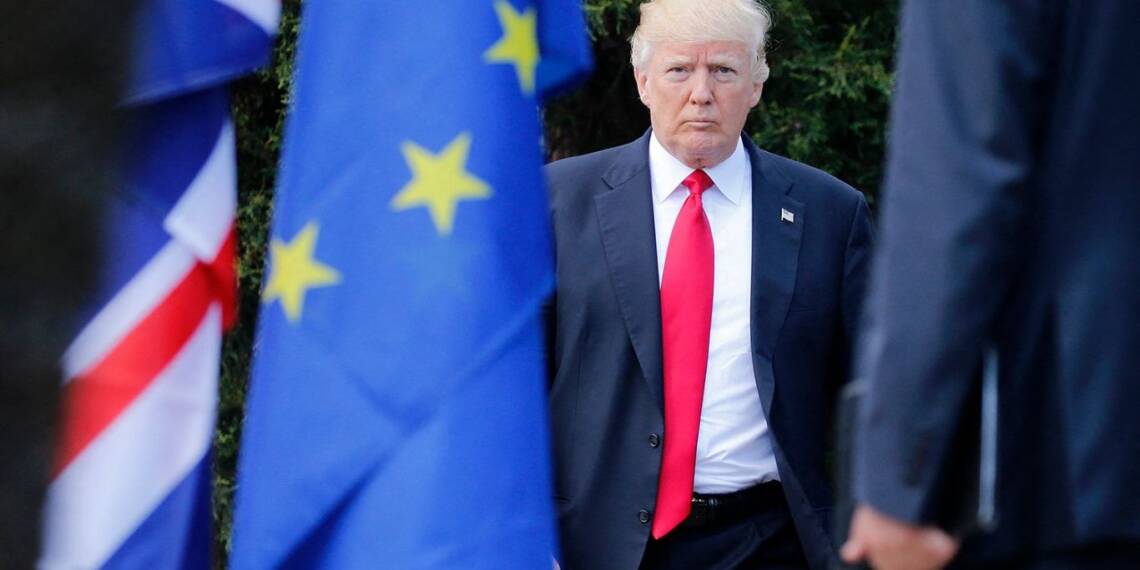NGOs, long hailed as the noble torchbearers of civil rights and humanitarian causes, aren’t always the saints they’re made out to be. Around the world, they’ve often found themselves smack in the middle of political controversy — accused of meddling in domestic affairs, shaping public opinion, and pushing ideologies under the harmless banner of “advocacy.”
Take the USAID, for example. No one really knows why it poured money into Indian NGOs right before elections. Or why it ran gender-specific programs in American colleges that had parents scratching their heads. Unsurprisingly, countries like Russia, India, and Egypt have tightened the leash on NGOs, accusing them of being foreign agents in sheep’s clothing.
Even in well-functioning democracies, NGOs have drawn criticism for using taxpayer and donor funds to influence legislation — indirectly, of course. The result? They’ve landed in the crosshairs of governments that don’t appreciate uninvited policy nudges.
Now, the tide seems to be turning. The so-called moral monopoly of NGOs is facing a conservative comeback. And nowhere is this shift more visible — or more dramatic — than in Brussels as they smell a Trump-like action near the horizon.
European NGOs panic on proposals
Civil society groups across Europe are sounding the alarm. NGOs, who form the second-largest lobbying force in Brussels after big business, claim they’re being politically targeted.
Their loudest opponents? Conservative and far-right MEPs, led by the centre-right European People’s Party (EPP), who say NGOs have been misusing EU grant money to lobby for policies — often in sync with the Commission’s agenda. And the conservatives are smelling blood.
Earlier this month, the European Commission made a damaging admission: Yes, some NGO contracts did include what they called “undue lobbying activities.” That gave the EPP just the ammunition it needed. Then came a sharp rebuke from the European Court of Auditors, criticising the lack of oversight in how NGOs spend EU funds. To top it off, MEPs passed amendments calling for tighter scrutiny of NGO financing.
MAGA-inspired action loading
Naturally, the NGOs aren’t thrilled. “It’s stressful and frustrating,” said Faustine Bas-Defossez from the European Environmental Bureau. Nicholas Aiossa of Transparency International EU went further, calling the campaign “MAGA-inspired” — referencing Donald Trump’s populist playbook.
And the squeeze is getting real. Some health NGOs have already been warned not to expect grants from the EU’s health department this year. Green groups applying for EU’s LIFE programme had to quietly scrub any mention of advocacy work just to stay eligible for funding.
This all comes ahead of the EU’s big-budget negotiation—the Multiannual Financial Framework (MFF)—which will decide where the bloc’s money goes for the next seven years. Early signs suggest a shift in priorities: less for civil society and more for defence, industrial growth, and other “strategic” areas. If that happens, NGOs—many of whom rely on EU funds for up to half of their operations—could be left high and dry.
The numbers are nothing to scoff at. Between 2021 and 2023, NGOs received around €7.4 billion in funding. That’s a lot of euros tied to activism, lobbying, and, depending on who you ask, “social engineering.”
Call for Transperancy ires Elites
Still, the EPP insists this isn’t about gutting the NGO sector. “We’re not trying to stop financing NGOs,” said Czech MEP Tomas Zdechovsky. “We just want transparency.” He claims the group is only investigating 20–25 NGOs for potential misuse of funds.
But civil society groups aren’t buying the reassurance. They see this as a slow-burn campaign to defund them and shrink their influence in Brussels.
As Carlotta Besozzi of Civil Society Europe puts it, “This will result in a space where only those with wealth will have the opportunity to be heard.” In short, if public money dries up, only corporate voices might remain.
The EU’s civil society sector is at a crossroads. With the budget knife sharpening and political winds shifting right, the question isn’t just about transparency. It’s about who gets to shape Europe’s future—the grassroots activists or the moneyed lobbyists. Either way, the NGO game in Brussels is changing—and fast.







